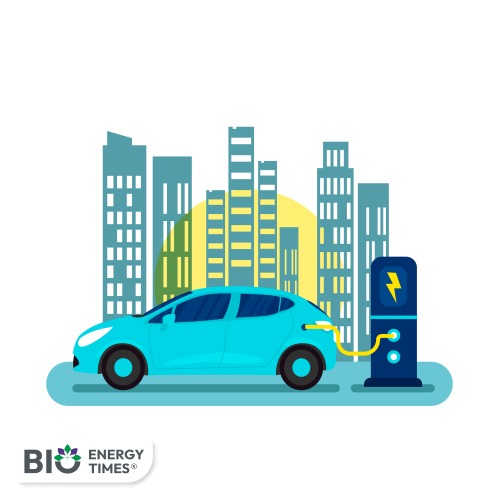India’s automobile industry, now the third largest in the world, has the potential to reduce its manufacturing emissions by as much as 87% by 2050 by switching to renewable electricity and low-carbon steel, according to a recent report by the Council on Energy, Environment and Water (CEEW).
The study emphasizes that the majority of the sector’s emissions are not from the vehicle assembly lines themselves, but from upstream supply chains—particularly steel and rubber production, which rely heavily on coal.
“India’s auto industry is at a critical juncture. To compete in a low-carbon global market, we need to decarbonise not only the vehicles but also the processes that manufacture them,” said Arunabha Ghosh, CEO of CEEW. “That includes transforming how factories are powered and how key materials like steel and rubber are produced.”
Leading manufacturers such as Tata Motors, Mahindra & Mahindra, and Toyota have already made strides toward electric vehicle (EV) production and have pledged to achieve net-zero targets through the Science-Based Targets initiative (SBTi).
Despite these efforts, the report cautions that cutting Scope 3 emissions—indirect emissions that occur in the value chain—must be made a strategic priority. These emissions currently make up more than 83% of the sector’s total carbon footprint.
Without significant changes, the study warns, vehicle production in India could grow fourfold by 2050, causing emissions to climb to 64 million tonnes of CO₂ annually. While emissions per vehicle are expected to decline, the overall carbon output will still rise unless cleaner technologies and materials are widely adopted. The shift to hydrogen-based steelmaking and greater use of recycled steel, for instance, could alone slash emissions by nearly 38 million tonnes.
CEEW urges original equipment manufacturers (OEMs) to transition fully to renewable electricity and push suppliers to adopt greener production technologies. Under a net-zero scenario, these changes could cut yearly emissions to just 9 million tonnes of CO₂ by 2050. The report also calls for stronger policy backing and corporate purchasing commitments to drive large-scale demand for sustainable materials.
Although hybrid vehicles offer a temporary reduction in emissions, the report stresses they are not a long-term fix. A full move toward electric mobility, along with decarbonising the entire supply chain, will be key to achieving net-zero targets and ensuring the industry remains competitive on the global stage.















